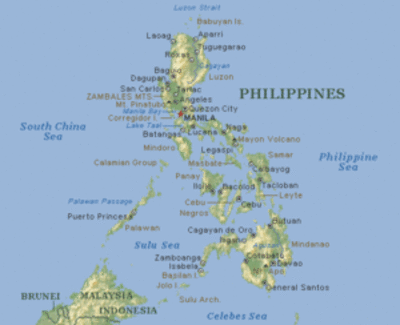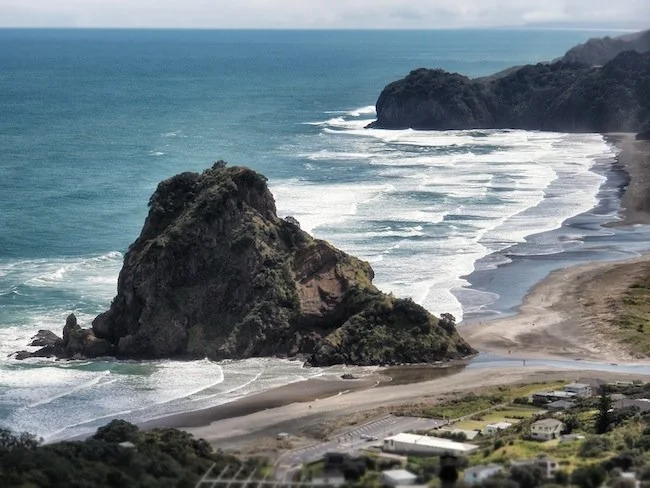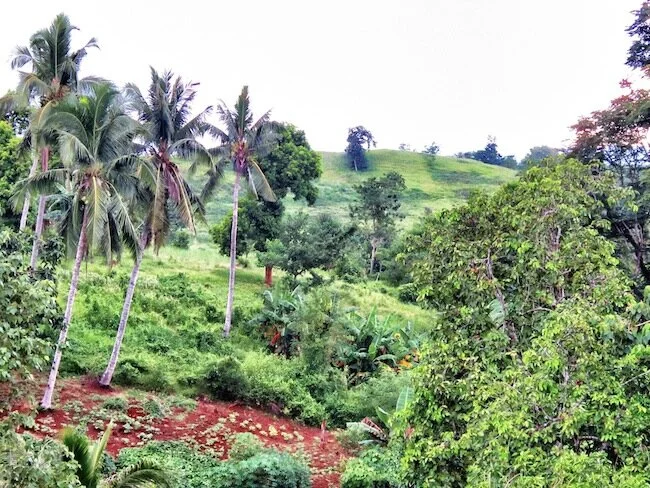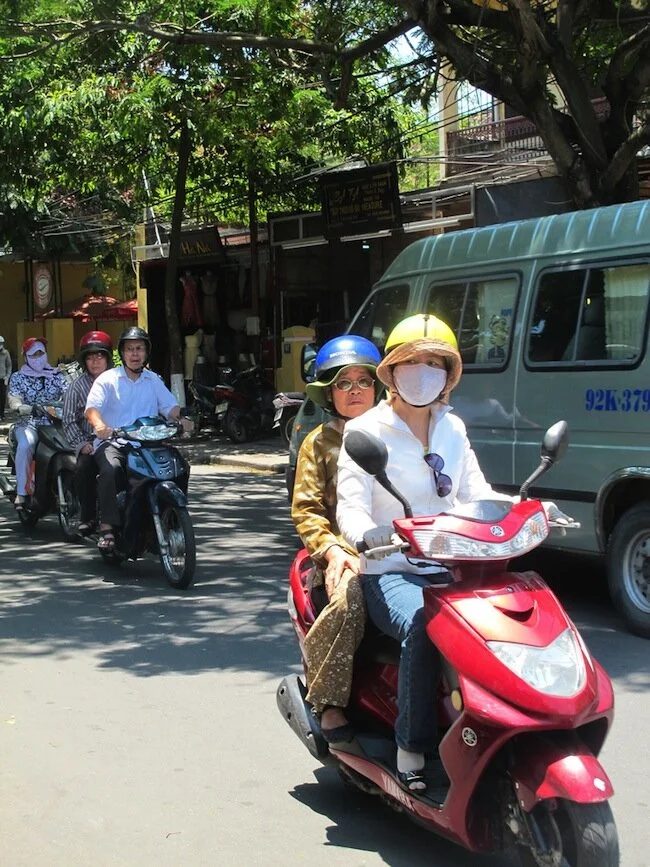Ahh, la baguette, quintessentially French. Biting into your favourite baguette is a soothing affair that will bring a smile of contentment to your face. When you find a good one, all others pale in comparison. Every time my feet land on French soil, I start anticipating my first tasty baguette that will welcome me back to my second home. But it has to be the right baguette. Just as not all French wine is worth drinking, not all baguettes are worth consuming.

Crusty on the outside and hole-y on the inside, the perfect baguette is not too chewy, but rather soft with small bits of bread that ball up in your mouth as you chew. It can be slightly tangy and definitely has a distinct aroma. And baguettes are serious business in France with the average person consuming half a loaf per day. Precise laws protect this French institution with strict regulations concerning the ingredients; any kind of additives are an absolute faux pas. Flour, yeast, water and salt are all that is needed. A light dusting of flour on the outside, and 20 minutes later, voilà, your baguette is ready to devour.
As serious baguette lovers, I knew my daughters and I would have our work cut out for us when we moved to Paris. With over 1800 boulangeries in the capital and 12 within a 10-minute walking distance of our new apartment, some taste-testing would definitely be involved. As soon as we dropped our suitcases in our new Parisian flat, we happily took on this challenge. I felt like Goldilocks of the three bears fame—I knew it would take several attempts until we got it "just right."























